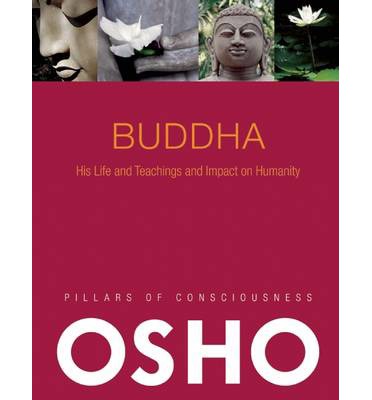“Buddhism does not believe in a God; neither does Jainism believe in a God, but they believe in gods. They are far more democratic in their concepts than Mohammedanism, Judaism or Christianity — these religions are more elitist. One God, one religion, one holy scripture, one prophet — they are very monopolistic. But Buddhism has a totally different approach, far more democratic, far more human. It conceives millions of gods.
In fact, every being in existence has to become a god one day. When he becomes enlightened, he will be a god. According to Buddhism there is no God as a creator, and that brings dignity to every being. You are not puppets, you have an individuality and a freedom and a pride. Nobody can create you, nobody can destroy you; hence another concept has come out of it: nobody can save you except yourself. In Christianity there is the idea of the savior; in Judaism there is the idea of the savior — if there is a God, he can send his messengers, prophets, messiahs to save you. Even liberating yourself is not within your hands. Even your liberation is going to be a sort of slavery — somebody else liberates you. And a liberation that comes from somebody else’s hands is not much of a liberation.
Freedom has to be achieved, not to be begged for. Freedom has to be snatched away, not to be prayed for. A freedom that is given to you as a gift out of compassion is not of much value. Hence, in Buddhism there is no savior either. But there are gods — those who have become enlightened before. Since eternity, millions of people must have become enlightened; they are all gods.” – Osho, Buddha; his life and teachings and impact on humanity
